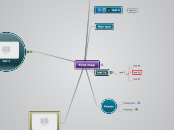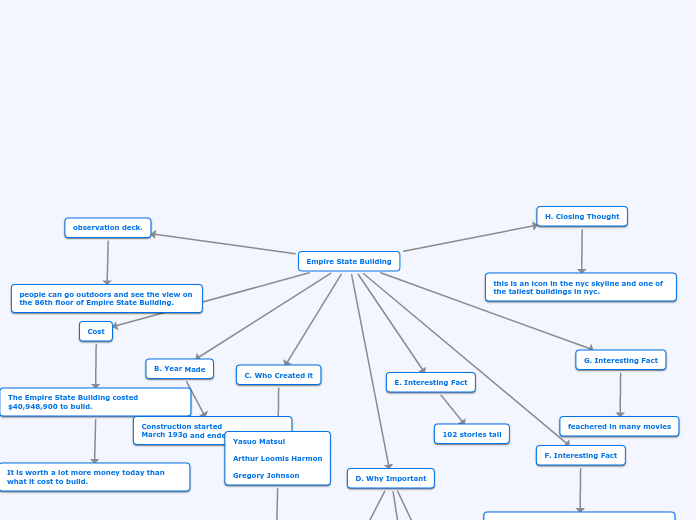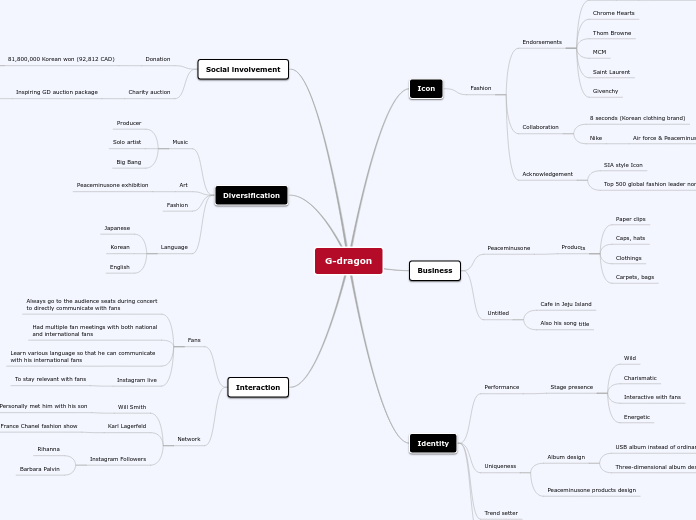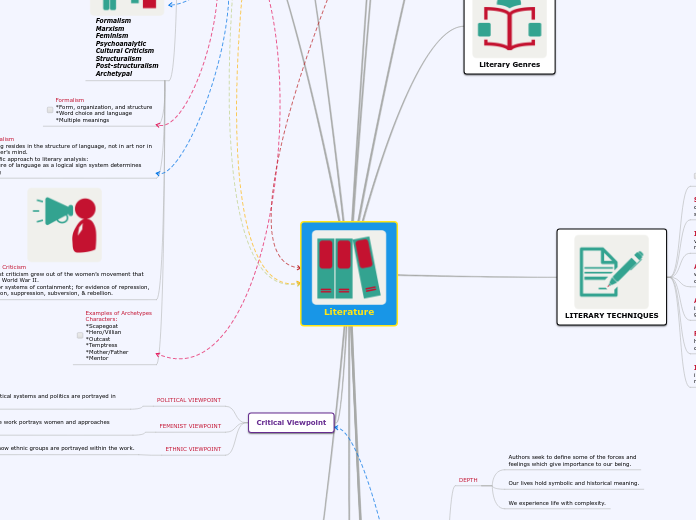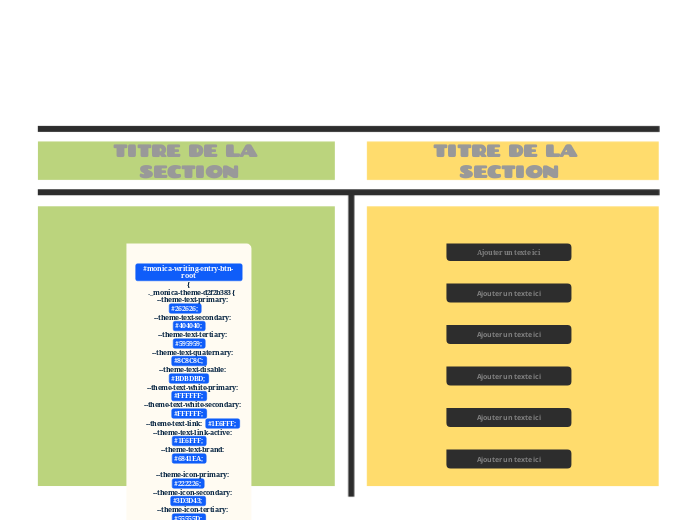First map
Whereas
as the icon is "other but like," the phantasm only appears to look like the thing it copies because of the "place" from which we view it. Plato's dialogue goes on to call into question the status of this image of an original, for if it is not the original we see, it must be something else—a simulacrum, a false claimant to being. The Platonic task is therefore to distinguish, in Gilles Deleuze's terms, "between good and bad copies, or rather copies (always well founded) and simulacra (always engulfed in dissimilarity)."
The complex associations of language making (sophistry) and image making (mimesis) in Platonic philosophy (Rosen 1983) go beyond the subject
jjjjj
juju
Note 2b
test 2
https://www.evernote.com/shard/s20/sh/a780696d-4482-41db-9656-e14025dfbe39/64df92c9c2fc3901321f9d94463af9e5
note 3
Picasso
Whereas the icon is "other but like," the phantasm only appears to look like the thing it copies because of the "place" from which we view it. Plato's dialogue goes on to call into question the status of this image of an original, for if it is not the original we see, it must be something else—a simulacrum, a false claimant to being. The Platonic task is therefore to distinguish, in Gilles Deleuze's terms, "between good and bad copies, or rather copies (always well founded) and simulacra (always engulfed in dissimilarity)." The complex associations of language making (sophistry) and image making (mimesis) in Platonic philosophy (Rosen 1983) go beyond the subject
jjjjj
juju
Picasso pics
test 1a
Now is the email
zeke1509
test 5
test 5c
test 5b
Main topic
test 9
test 5x
test 1
test 7
test 8
